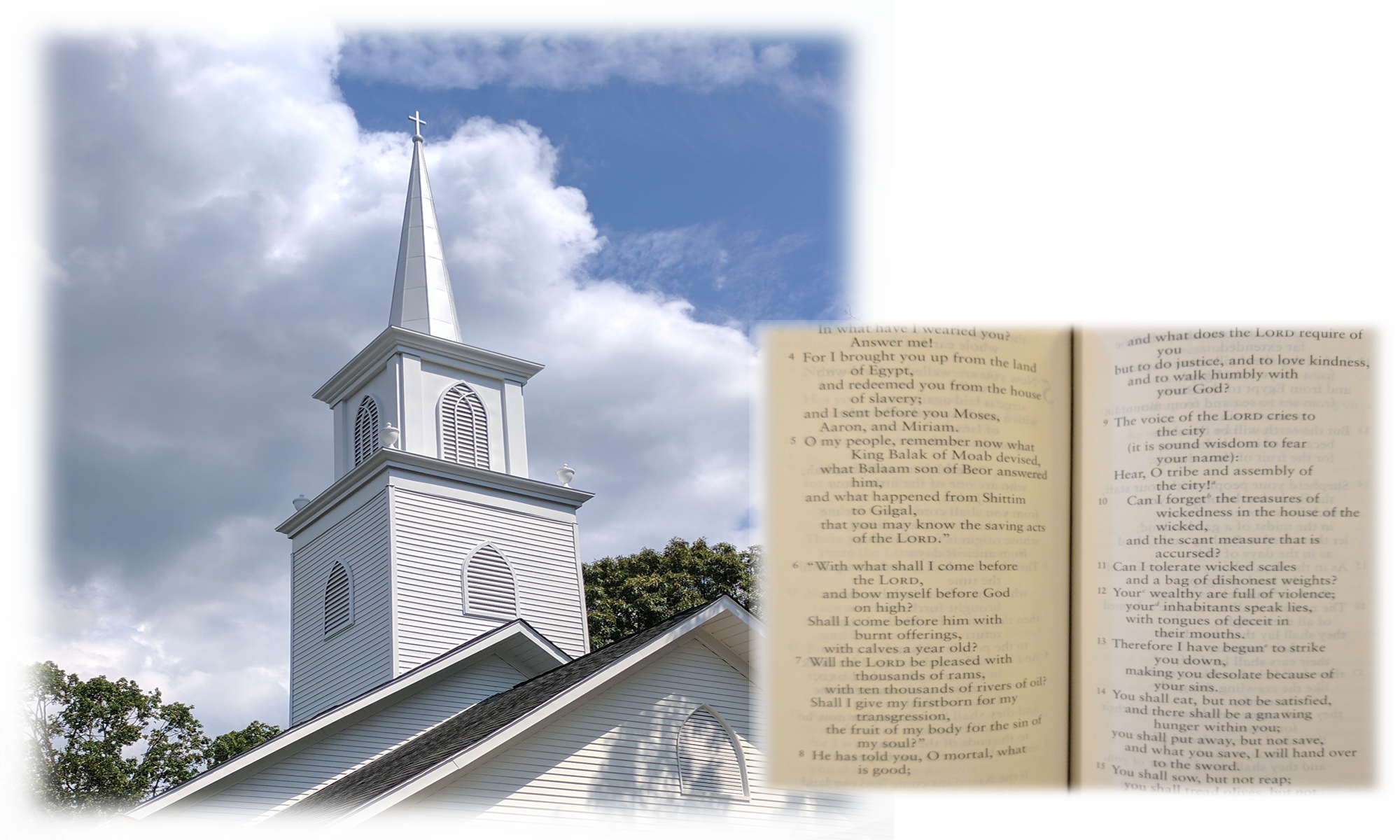 This morning we began discussing the creation stories in Genesis. We focussed on the story in chapter two, sometimes called the Adam and Eve story. It begins in the second half of verse four and continues for the rest of the chapter.
This morning we began discussing the creation stories in Genesis. We focussed on the story in chapter two, sometimes called the Adam and Eve story. It begins in the second half of verse four and continues for the rest of the chapter.
We explored the ancient context of this story and what the story asserts about God, referred to as YHWH Elohim. In contrast to chapter 1, where God creates by speaking, here the LORD God forms man from the dirt of the ground and breaths life into his nostrils. The story implies a very intimate picture of God as one who touches the creation.
It is “not good” that the man is alone (2:18), so the LORD God first makes all the animals of the field and birds of the air, but none of them proves to be an adequate partner for the man. It is the creation of woman at the end of the story that solves the narrative problem that drives the story.
We looked at the narrative setting of the story, a place out of which a river flows that divides into four rivers (2:10-14), only two of which correspond with actual known rivers in ancient Mesopotamia and one in north Africa. What might be the purpose of giving this setting? How might it have affected ancient readers?
Finally we looked at the question of the tree of life and its implications for the author’s view of God and of humanity.
Next week we will look carefully at the seven-day creation story in chapter one. Come join us for a lively discussion.

You must be logged in to post a comment.